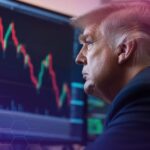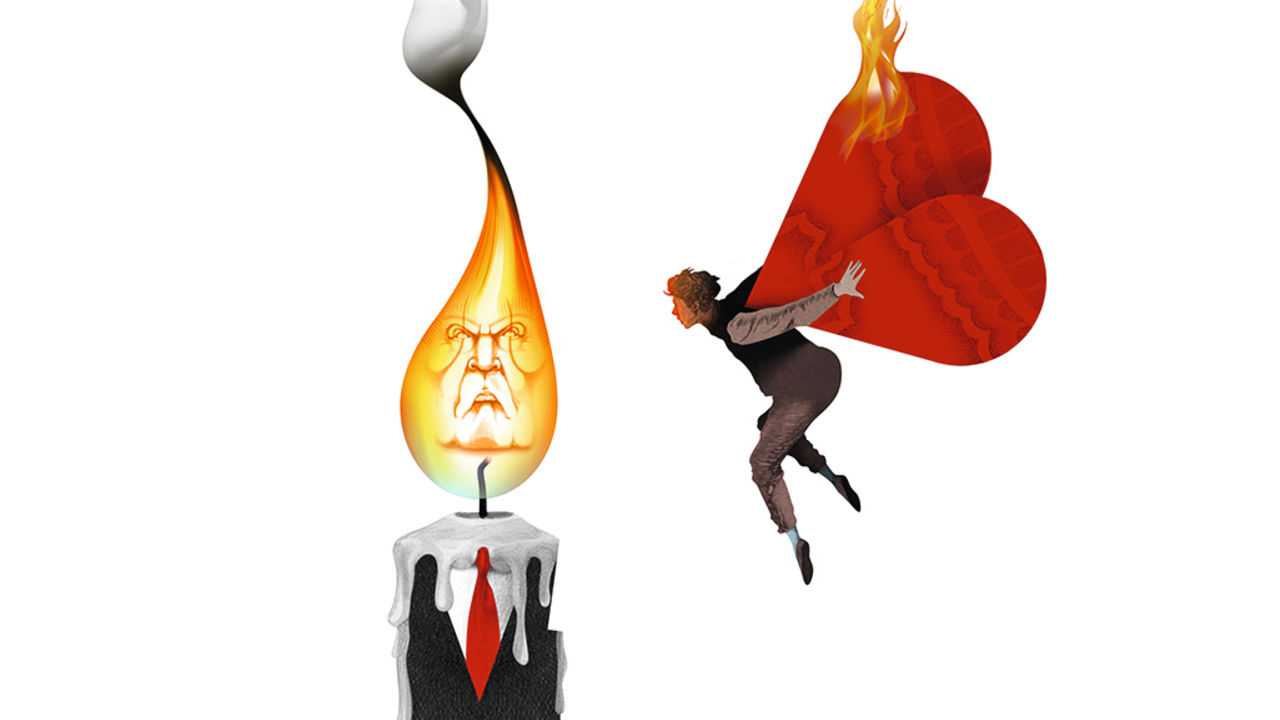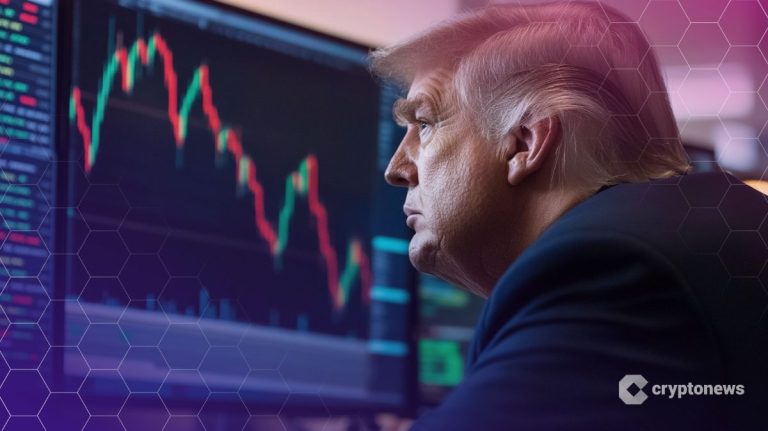
It is lonely at the top. So lonely, in fact, that sometimes American presidents and titans of industry have only one individual of similar stature to turn to: each other. Over almost two centuries they have played golf together, enjoyed movie nights and told jokes to each other. Some have developed genuine friendships; others have openly hated one another. It is an uneven relationship, of course. Though chief executives tend to stick around longer than presidents, there is no doubt who is higher in the pecking order. But rarely have any mogul’s dealings with presidents past, present and possibly future been as hard to fathom as those of Elon Musk, who once enjoyed the largesse of Barack Obama and is now cheerleader-in-chief for Donald Trump.
Listen to the two men’s unscripted blatherings on X, Mr Musk’s platform, on August 12th, and the power imbalance between America’s richest man and an ex-president running again for office is toe-curlingly clear. Once the glitches were sorted out, Mr Trump was in full control. When Mr Musk tried to get a word in edgeways, he mostly failed. When he tried to sound reasonable, he was ignored. What Mr Musk hopes to gain from stacking his chips so heavily in favour of Mr Trump in an election that either Republicans or Democrats could win is baffling, especially considering that Tesla, the electric-vehicle company he runs, and SpaceX, his rocket business, remain dependent on federal incentives and contracts. An excellent new book, “The Power and the Money”, by Tevi Troy, is a timely reminder for bosses of their complex history with America’s commanders-in-chief. It suggests how easily Mr Musk’s high-stakes gamble could go wrong.
Start with a lesson on the sheer unpredictability of presidential politics. John D. Rockefeller ignored Washington as he built Standard Oil into a vast monopoly in the late 1800s. But when antitrust fervour rose in the 1890s he sought to squash it by backing William McKinley, a president he thought he had in his pocket. McKinley was assassinated in 1901. His replacement was Theodore Roosevelt, a man Standard Oil had unwisely recommended as McKinley’s vice-president because he was too much trouble as governor of New York. Thus began the Progressive Era, and the eventual dismantling of Rockefeller’s monopoly. Mr Musk should take heed. Vice-presidents, whether Kamala Harris, now the Democratic presidential nominee, or J.D. Vance, Mr Trump’s understudy, can be more dangerous than they look.
Next consider the risks of becoming too big for one’s boots. In this, Mr Musk shares much with Henry Ford. Like Mr Musk, Ford reinvented cars, had a huge following, owned a platform that spewed hate speech and made no secret of his disdain for left-wing politics. Many presidents liked his cars, but some were infuriated by him. Woodrow Wilson kicked him out of the White House in 1915 after he proposed sending a peace ship to Europe to stop the first world war. Franklin Roosevelt criticised Ford for opposing parts of the New Deal. As Mr Troy says, Ford’s businesses were largely unscathed by the backlash because the regulatory state was smaller than it is now. Mr Musk has no such luck. His bromance with Mr Trump has alienated the left. President Joe Biden has snubbed Mr Musk when dealing with car bosses. Federal regulators are investigating Tesla’s self-driving technology. Being “Progressive Enemy No. 1”, as the Wall Street Journal describes Mr Musk, comes at a higher potential cost than it did in Ford’s day.
Last, beware of unexpected ideological shifts. Lee Iacocca, who ran Ford and then Chrysler, was a master White House manoeuvrer. He helped persuade Richard Nixon to protect the auto industry from Ralph Nader’s safety onslaught. He won loan guarantees for Chrysler from Jimmy Carter in the 1970s. But though he liked Ronald Reagan personally, he rejected the then-president’s free-market tilt and tried (unsuccessfully) to get more government support for his business. Mr Musk is throwing his weight behind Mr Trump at an unusual moment, when the rhetoric of both Republicans and Democrats is increasingly anti-big business. The populists may turn against him, too.
The relationship need not always be tricky. Most bosses end up being forced to deal with Washington (last year, American firms spent $3.6bn on lobbying). Those who consider themselves aloof from politics often come to regret it. Like Rockefeller, Bill Gates was initially dismissive of the anti-monopoly case against his firm, Microsoft, which it ultimately lost. Chastened, he later told a young Mark Zuckerberg, the Facebook supremo, not to alienate Washington. “Get an office there, now,” he said.
Some CEOs build respect by offering help to the government in times of stress. John Pierpoint Morgan did so in 1907. Jamie Dimon, boss of JPMorgan Chase, pitched in to rescue failing banks during the global financial crisis a century later.
Perhaps the most effective way to handle the relationship is a quiet schmooze. One of the most fascinating characters in Mr Troy’s book is Lew Wasserman, a Hollywood mogul with a knack for knowing which presidents to court and which to avoid. Tim Cook, boss of Apple, got on with both Mr Obama and Mr Trump, subtly pressing his company’s interests, but being helpful, too. As Mr Trump once said of him: “That’s why he’s a great executive, because he calls me and others don’t.”
The Technokingmaker
Mr Musk’s approach to presidential politics is unique. More than almost any other prominent chief executive profiled in the book, he flies by the seat of his pants. There is one characteristic he shares with some of his peers, though. He is high on his own sense of power. He may believe that if Mr Trump regains the presidency, his support during the campaign will allow him to pull the strings at the White House. History suggests that never happens. ■

















